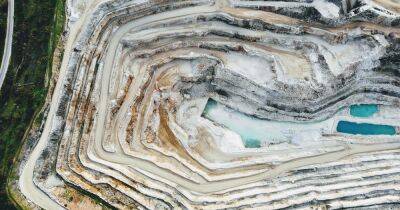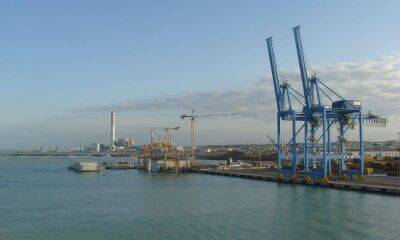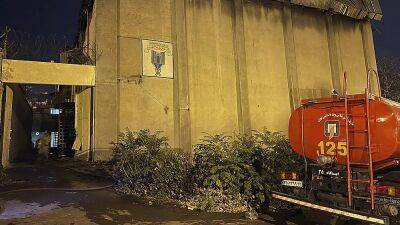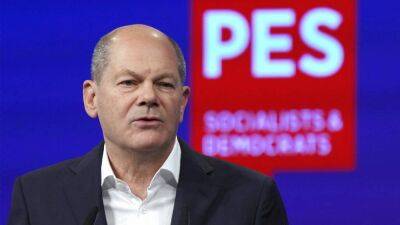Black and minority ethnic people in UK twice as likely to be in ‘deep poverty’
Black and minority ethnic people in the UK are more than twice as likely as white people to experience “deep poverty” – extreme levels of hardship meaning they struggle to afford everyday basics such as food and energy, analysis has found.
It says they are more exposed to the cost of living crisis than white people as a result of ethnic minority incomes having slumped faster and further in recent years, leaving them more at risk of fuel poverty, food insecurity and destitution.
The Runnymede Trust charity, which published the analysis, said black and minority ethnic families faced the “strongest headwinds” in the coming months as the UK headed into a fresh living standards crisis, and were more likely to “go without.”
Halima Begum, Runnymede’s chief executive, said: “We talk about this cost of living crisis in universal terms. No one is immune from the consequences. However, what’s clear from this research is that some groups are less equal and more impacted than others, including our black and minority communities.”
A household is in deep poverty if its income falls more than 50% below the relative poverty line, itself defined as 60% of the median UK income.
The analysis found:
Despite making up 15% of the UK population, minority ethnic people account for 26% of those in deep poverty. They were 2.2 times more likely to be in deep poverty than white people. Bangladeshi people were more than three times more likely.
There was a racial inequalities dimension to social security cuts over the past decade, with black and minority ethnic families losing £806 a year on average, compared with £454 a year less for white families.
While government measures to limit the impact of soaring gas and electricity are likely to reduce fuel
Read more on theguardian.com




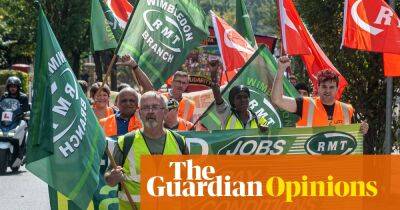

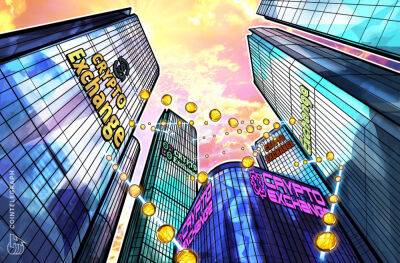
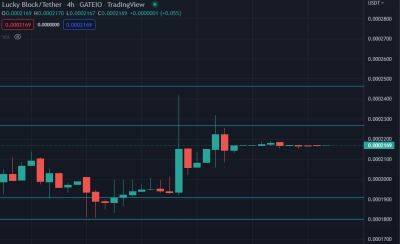

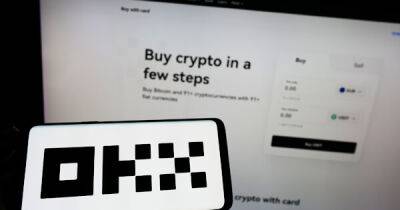
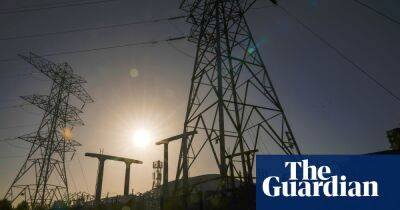
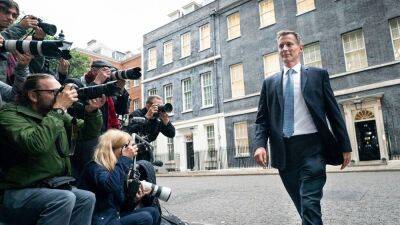
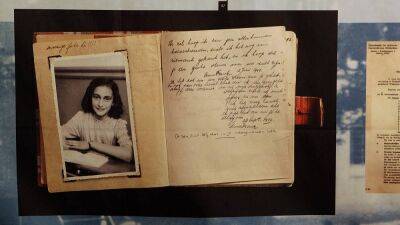
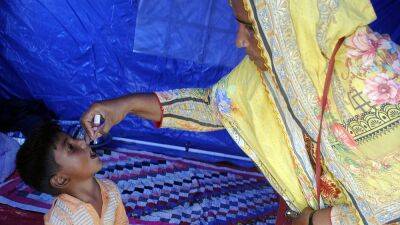
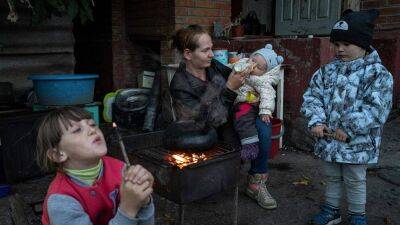

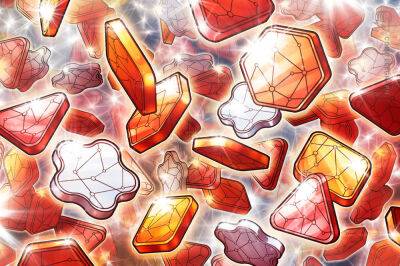
![Uniswap [UNI] bounces above $6 yet again, can it conquer $7 this week](https://finance-news.co/storage/thumbs_400/img/2022/10/17/45133_wmfe.jpg)
